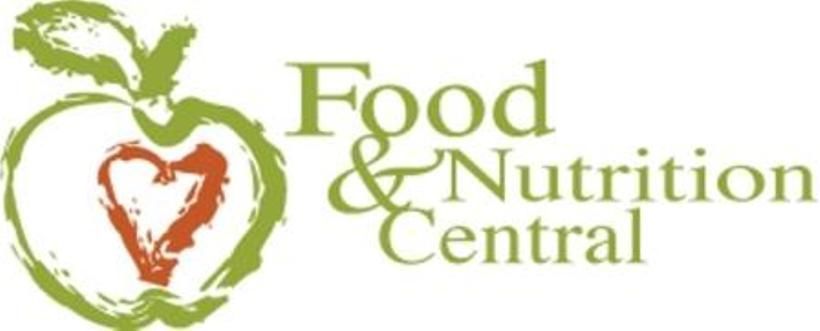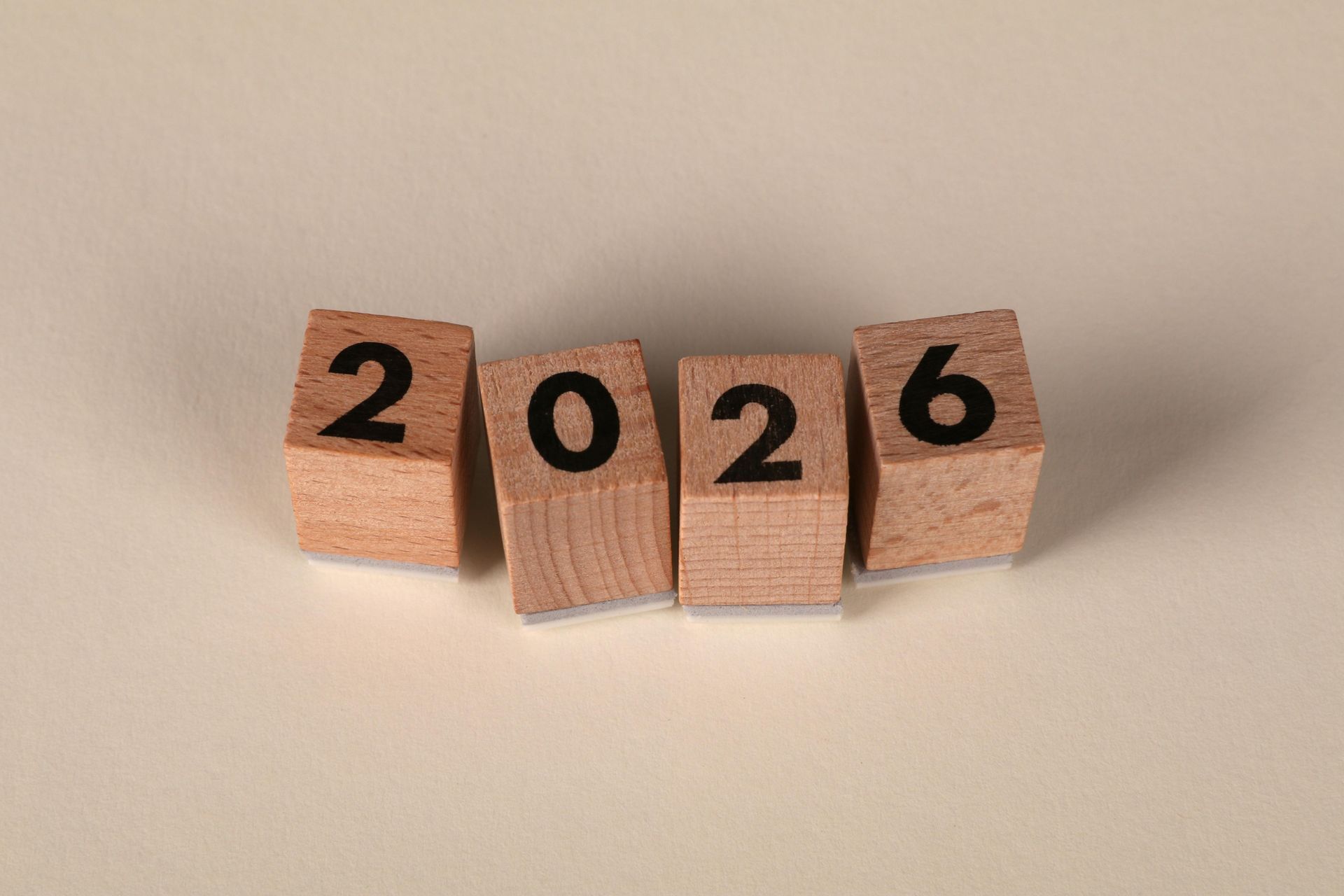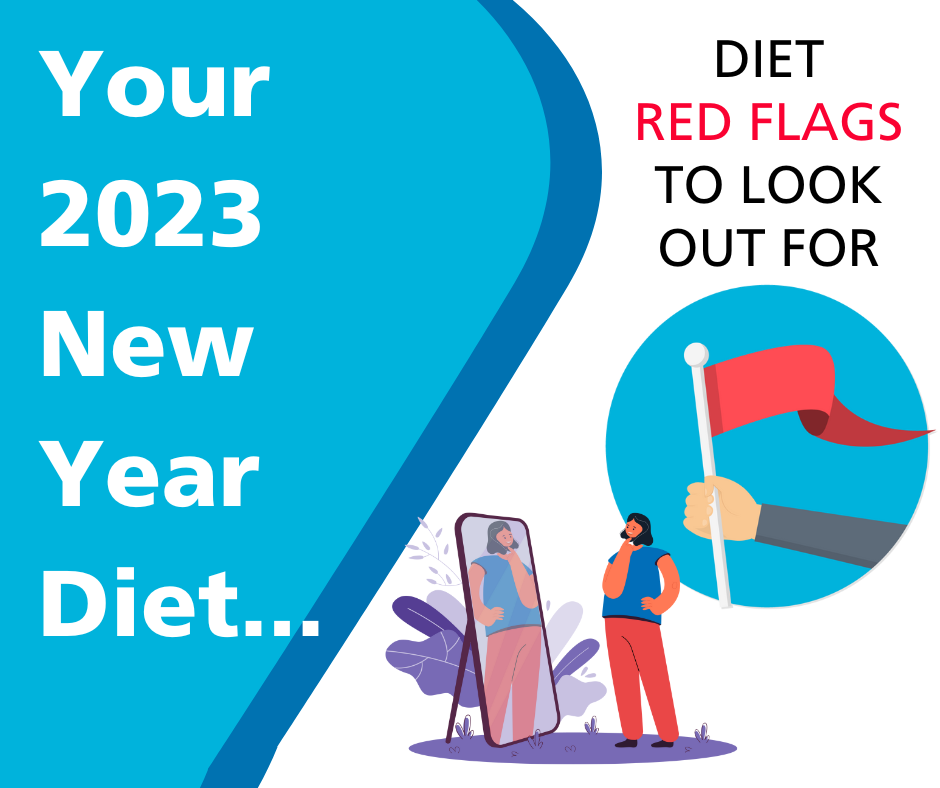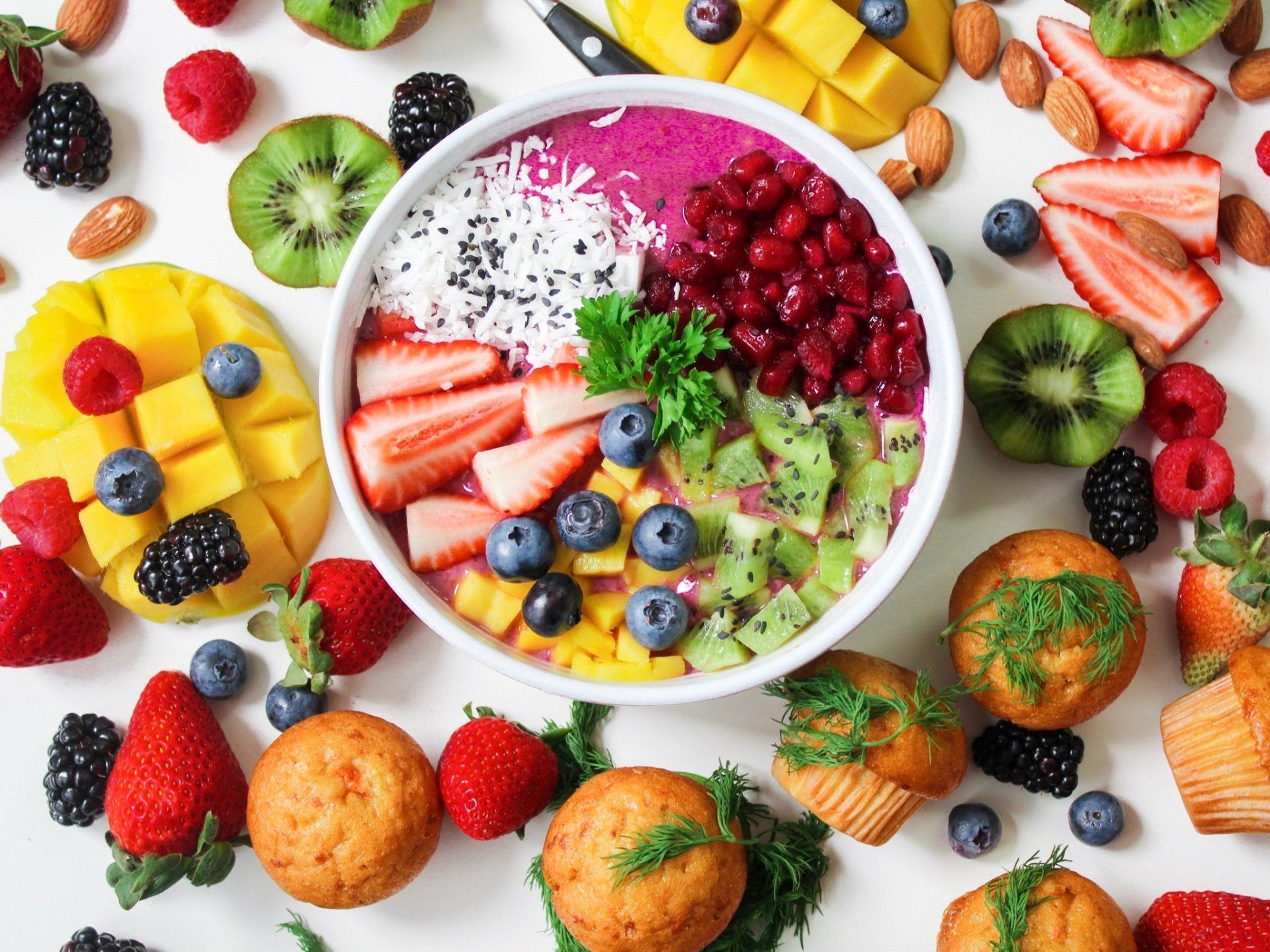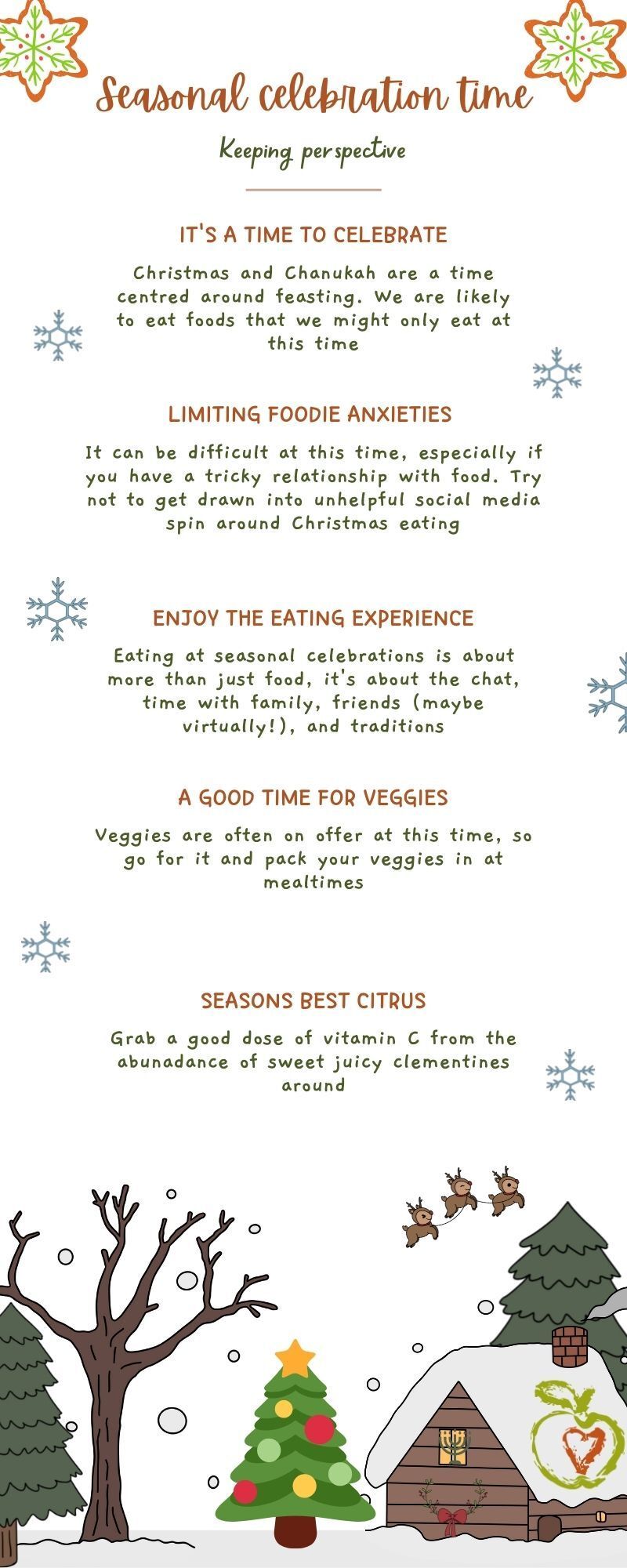Blog
My
Tips
Advice, recommendations and information

In general, we consume around a third of our daily calories at work. We all know that what we eat and drink has an effect on our health both long term and short term. It also has a significant effect on our performance at work. If you are feeling sluggish and can't concentrate at work, take at look at what you are eating and drinking. As well as getting some fresh air and exercise, what we eat and drink during the working day is really important. A healthy intake at work can boost activity, improve concentration and can improve how we deal with stress in the workplace. Remember to keep fluids up too as dehydration can lead to dizziness, poor concentration, headaches and fatigue. Many companies are recognising the importance of good nutrition (and activity) for their employees in the knowledge that it is a win-win! As an employee, you feel supported and valued and as an employer, staff sickness can be reduced and productivity improved. • Make time for breakfast before you start working • Plan to have some fruit with your tea break instead of a few biscuits • Make vegetable-packed soups for your lunch • Include veggie sticks and cherry tomatoes at lunch time • Choose wholegrain breads, pitta or crackers for a packed lunch • Encourage your staff canteen to offer healthier choices and apply for the Healthy Living Award • Make a plan to keep a water bottle on your desk at all times Food and Nutrition Central can provide Healthy Eating webinar sessions via your preferred platform.
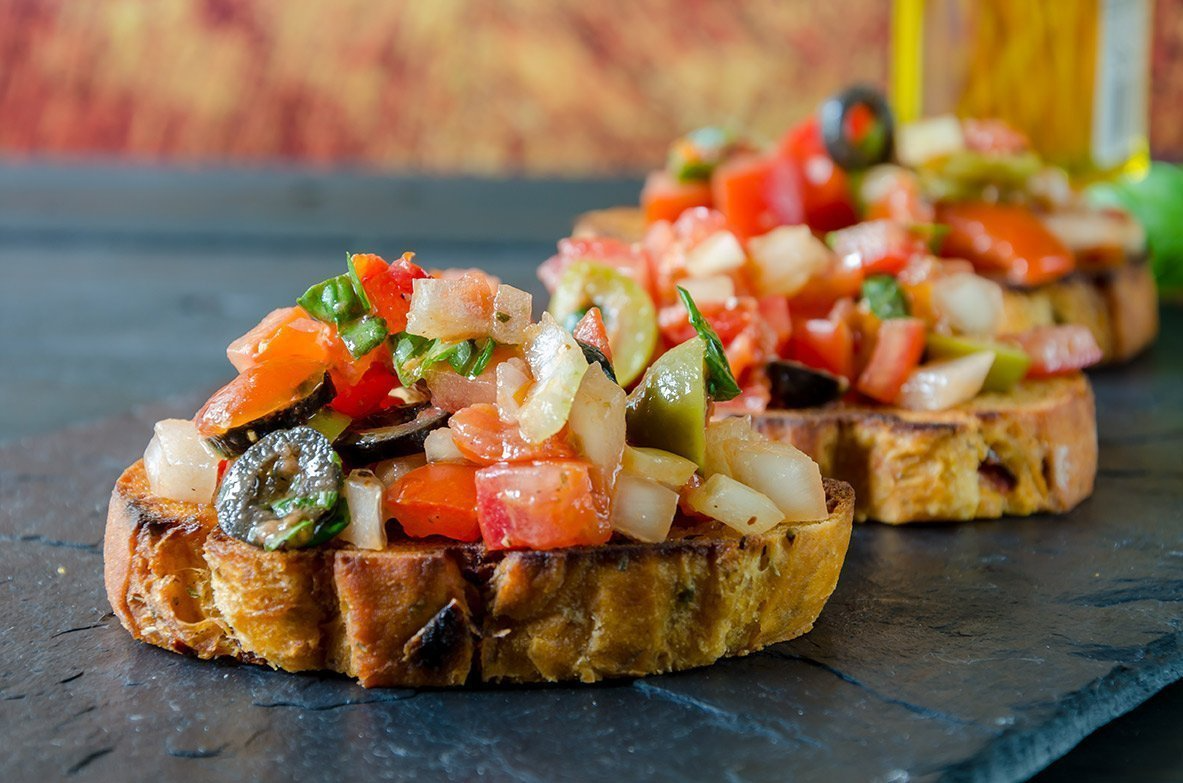
Especially at new year, there is a plethora of new diet plans, cook books and fitness DVDs. The majority of these are written by (at least in part) well known personalities, some have the help of a nutrition "expert". Some are written in conjunction with registered dietitians or registered nutritionists and others merely give the writers own opinions on nutrition. Whilst the title dietitian is a protected title (you must be registered and hold a recognised degree, sadly the term "nutritionist" is not, so anyone can use the term even if they do not have a recognised nutrition qualification. The recipes may be great however, sometimes the nutrition information is not based on any scientific evidence. Spend your £££ wisely, there really is no quick fix and positive lifestyle changes are better than a short time weight loss gimmick. Many of the books are cook books with beautiful recipes. They can be great to kick start you to thinking about some new ways to eat more healthily, often the recipes are a great way to get in more veg so go a long way to getting your 5 a day. Here are my suggestions when looking at new diet books : • Opt for tips based around a more healthy lifestyle that you can maintain rather than any fads or short lived eating trends. • Look for simple recipes, you don't want to be shelling out £££ on expensive "trendy" foods that you only use once. • Steer clear of any suggestions to cut out certain food groups (there is no need and this can lead you to becoming deficient in some nutrients). • Check the credentials of whoever has written or been involved in the book. As a dietitian, I frequently spot inaccurate unsupported claims in books and magazines on the subject of nutrition. Think about your portion size. Plates have got get bigger and so have our portions. If you are trying to lose some weight, b e realistic, and aim to lose weight slowly. • Incorporate exercise that you enjoy • Enjoy your food. Be mindful of what you are eating and don't beat yourself up for the occasional treat. • It can be really helpful to keep tabs on what you eat as well as activity. Studies show people who have lost weight, and kept it off kept food and activity diaries. • Include wholegrain carbohydrates which help you feel full and provide important fibre. • Include fruit and vegetables at each meal and make sure you get your 5 a day • Make sure that your eating plan is well balanced. See my blog on The 5 food groups and Eatwell Guide • Limit alcohol - it contains more calories per gram than sugar and can weaken resolve to avoid less healthy snacking. • Remember, if it sounds too good to be true then it probably is!! For FREE advice on a healthy diet, a great source of information written by dietitians is is the British Dietetic Association Food Fact Sheets •
Accreditations
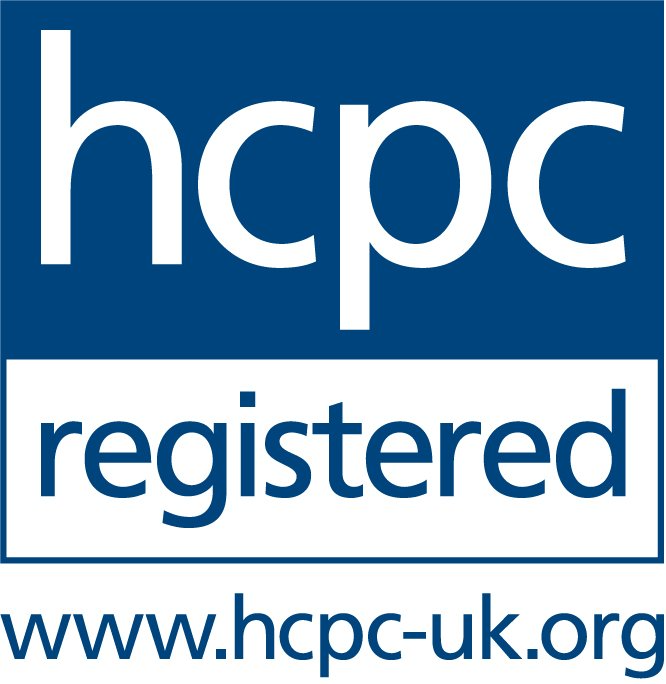
Registered Dietitian
Independently regulated by the Health & Care Professions Council

Accredited by the BDA Work Ready Programme. A programme that promotes better workplace health & wellbeing though nutrition
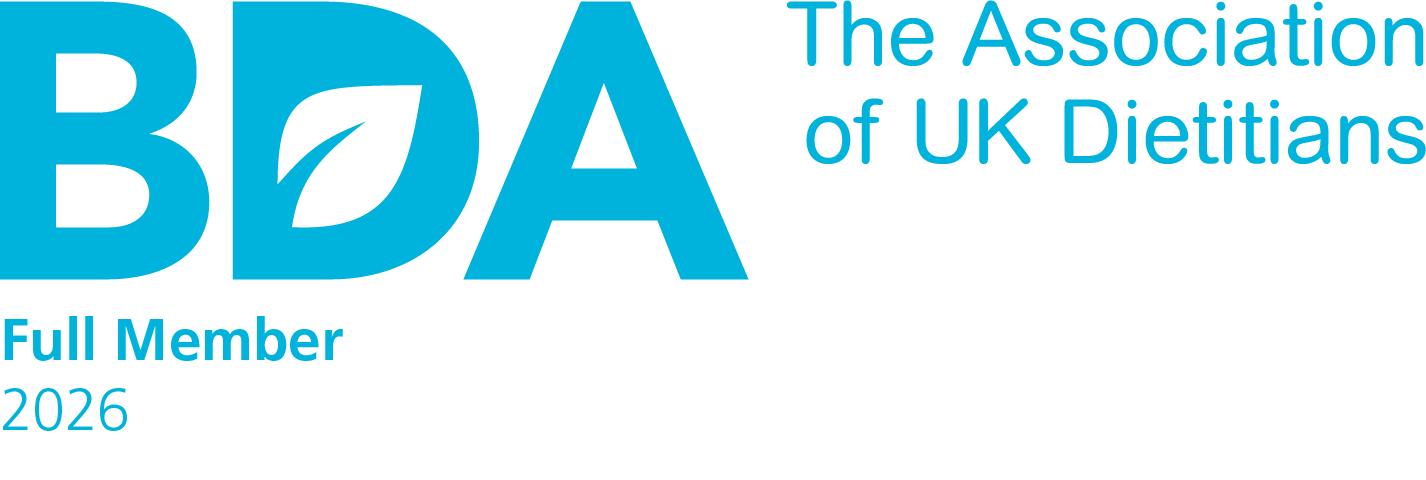
Member of the British Dietetic Association. The professional body for UK dietitians
